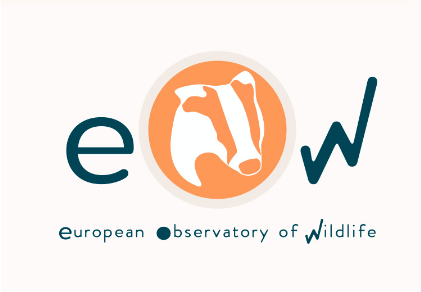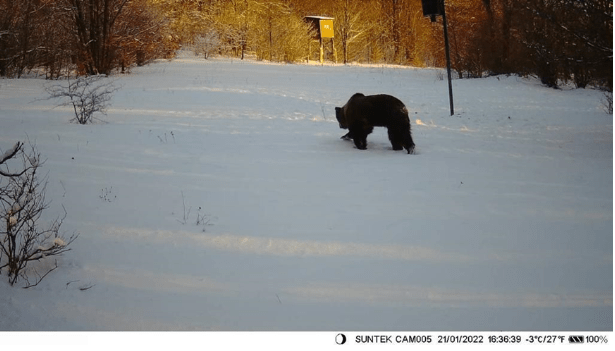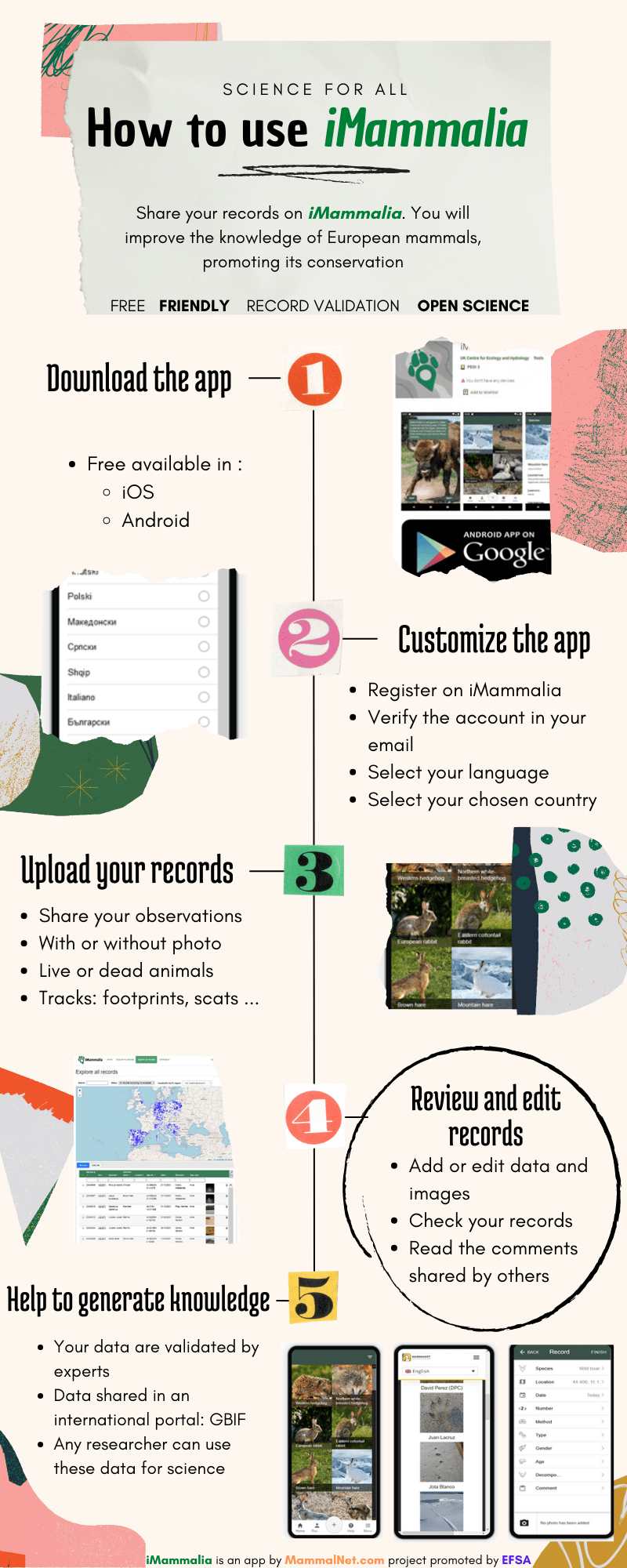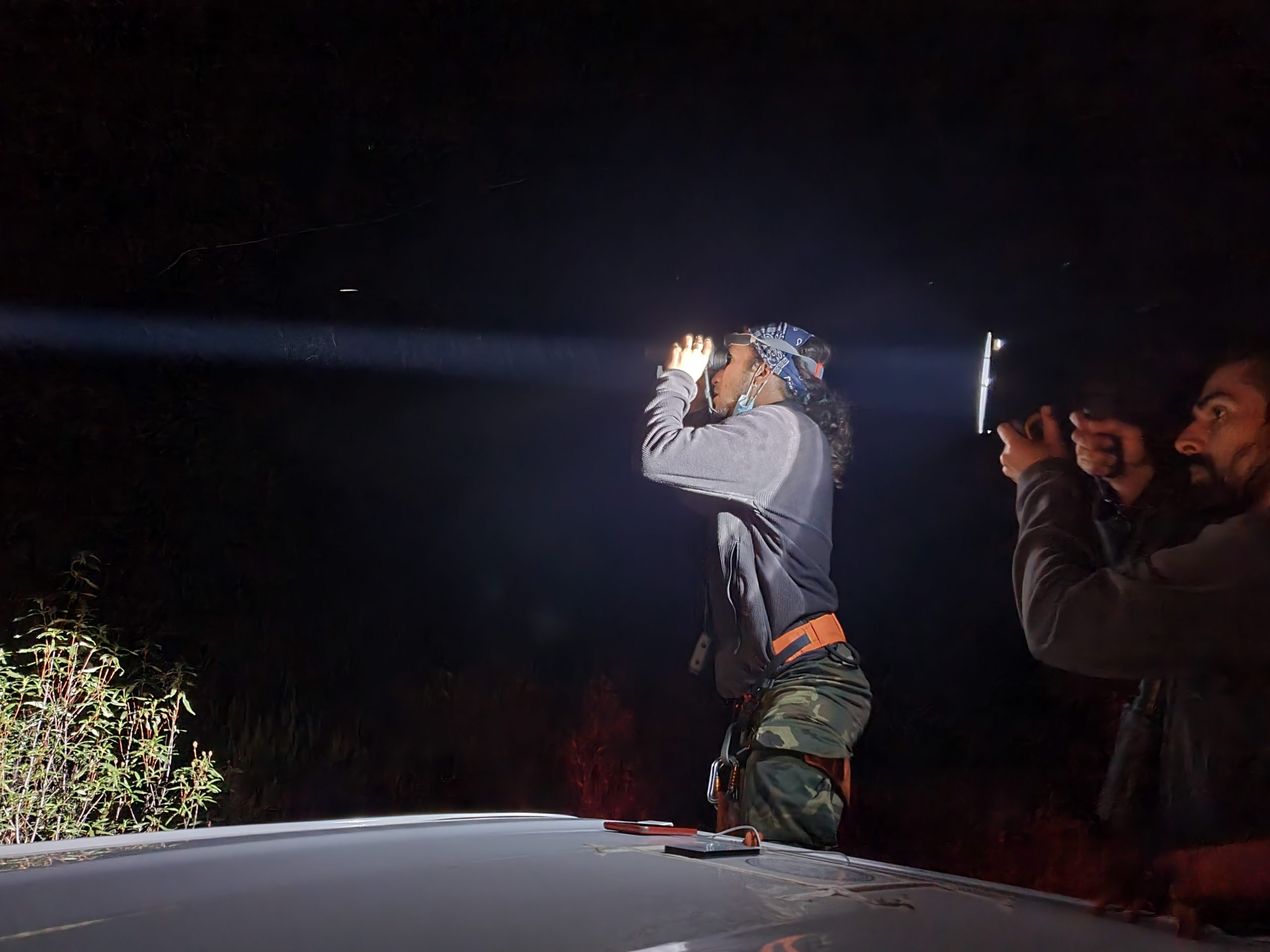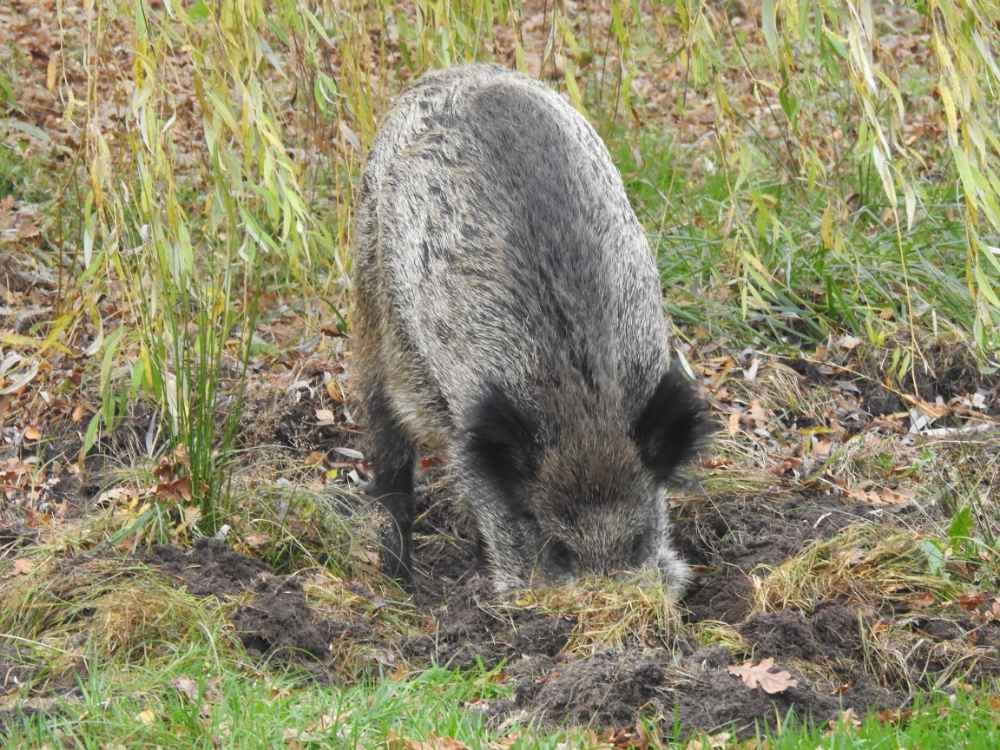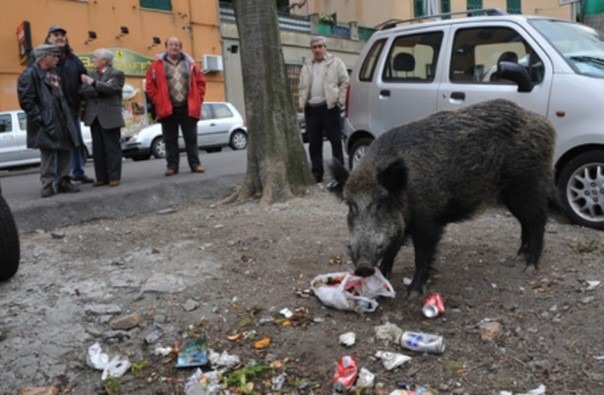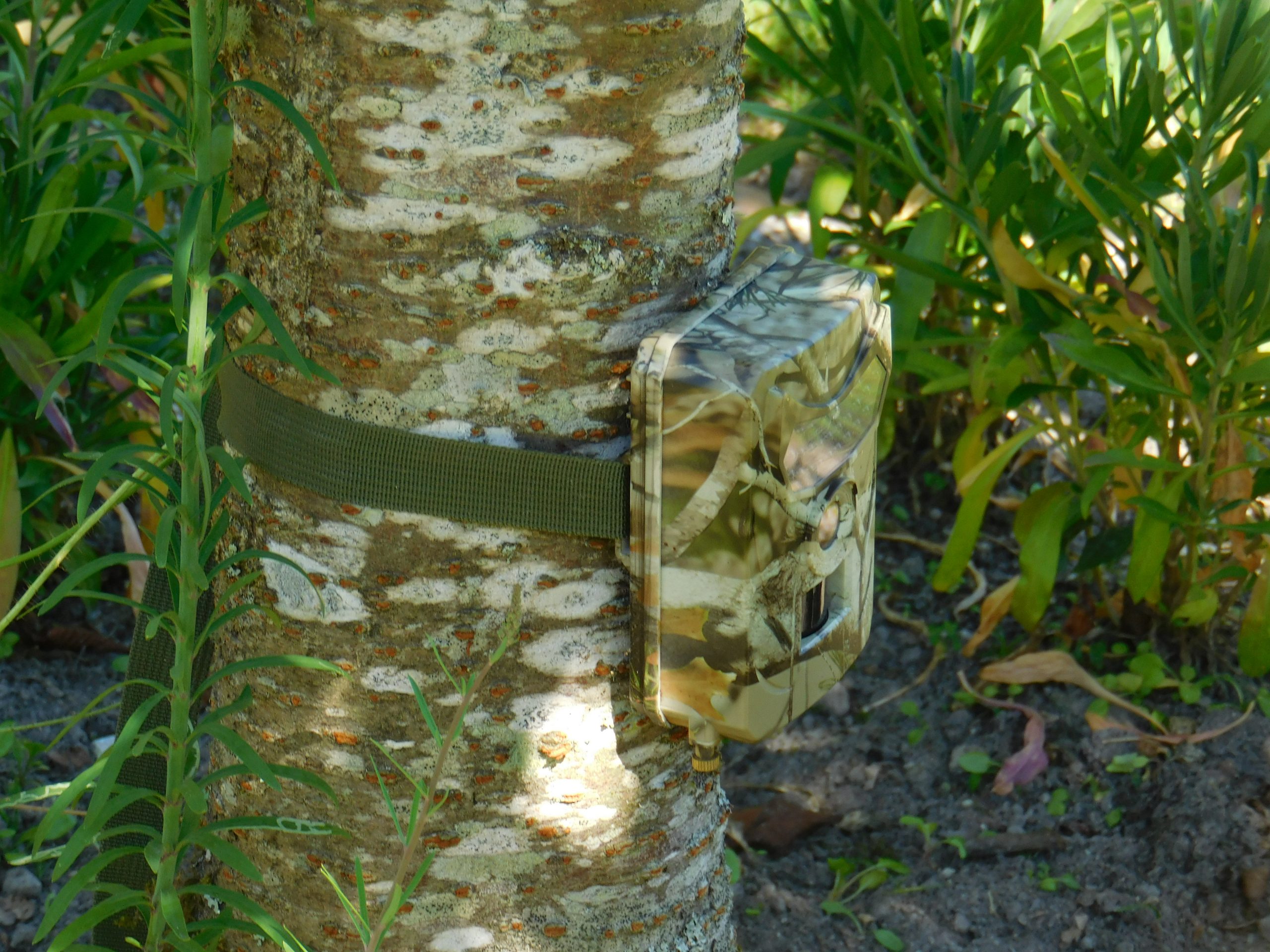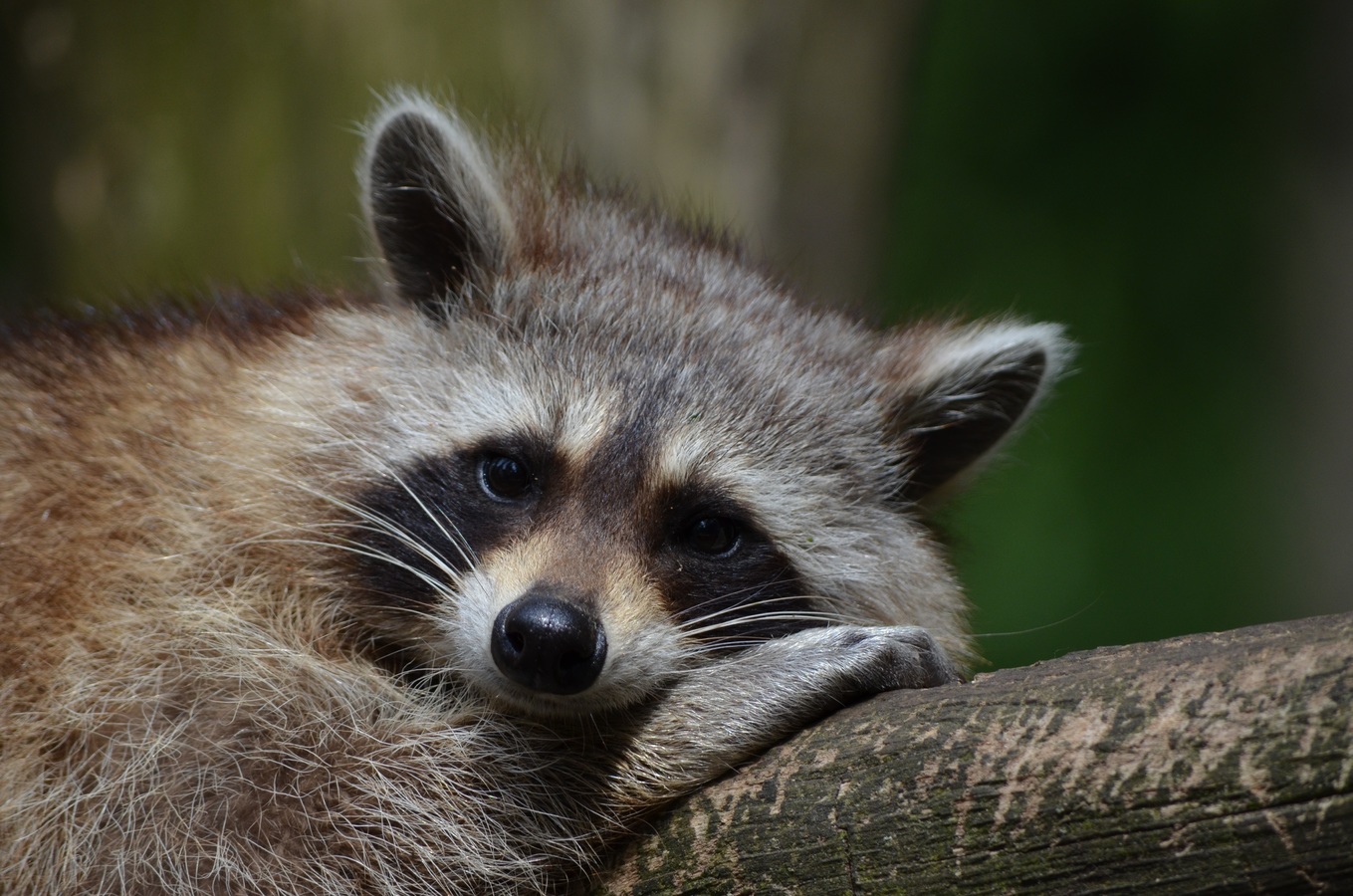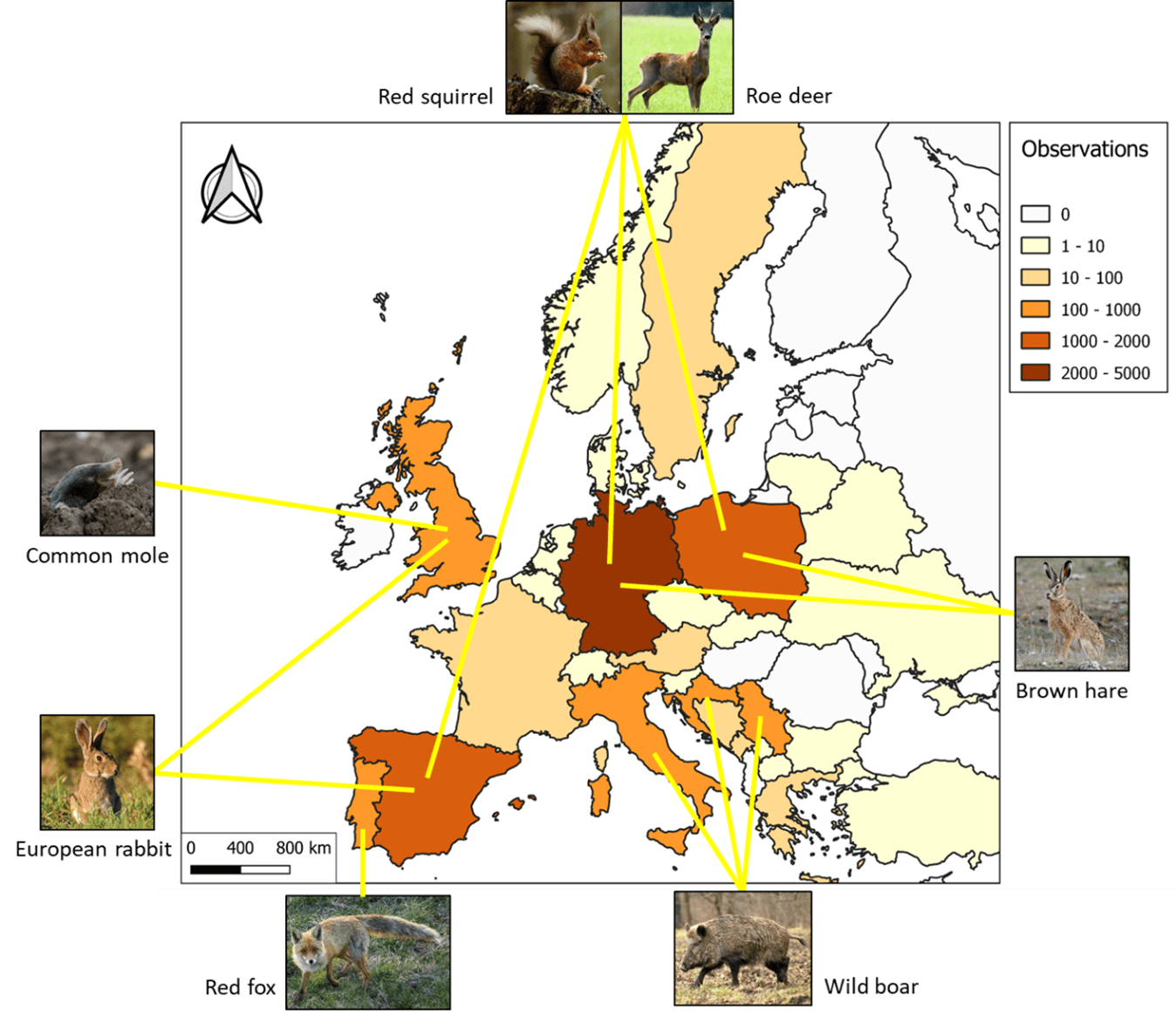The European Observatory of Wildlife (EOW)
Join a network of “observation points” with common wildlife population estimation protocols and data collection standards to facilitate harmonization and interoperability over Europe The importance of wildlife monitoring for management at European scale Europe represents an enormous socio-political and natural diversity where wildlife management is not only confined to reserves and does not only deal … Read more

